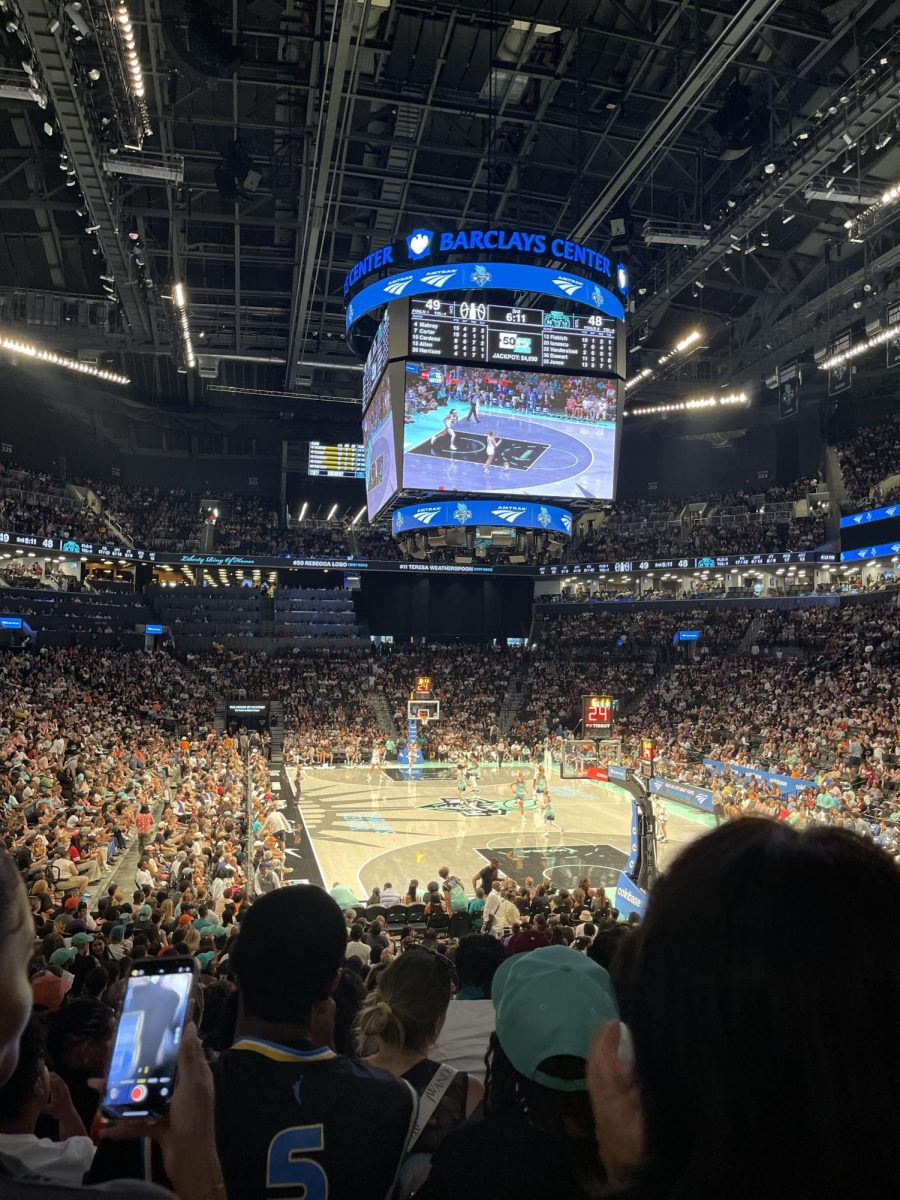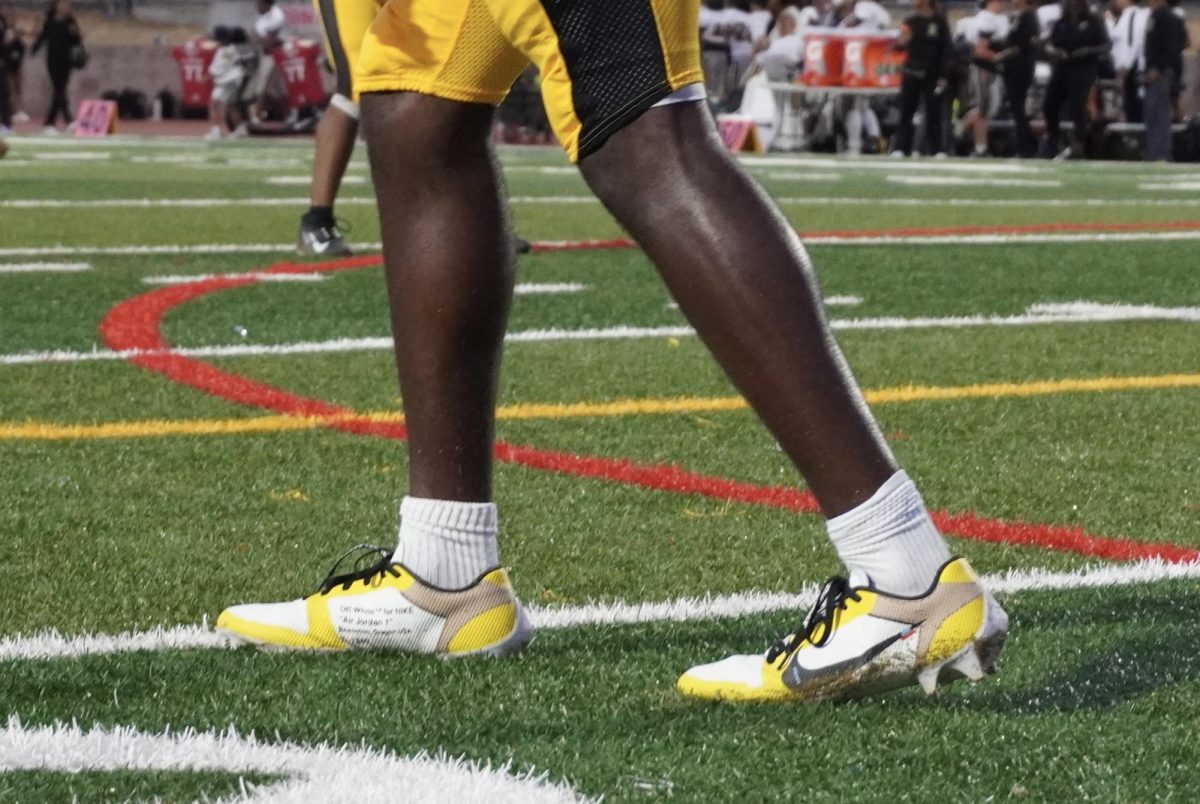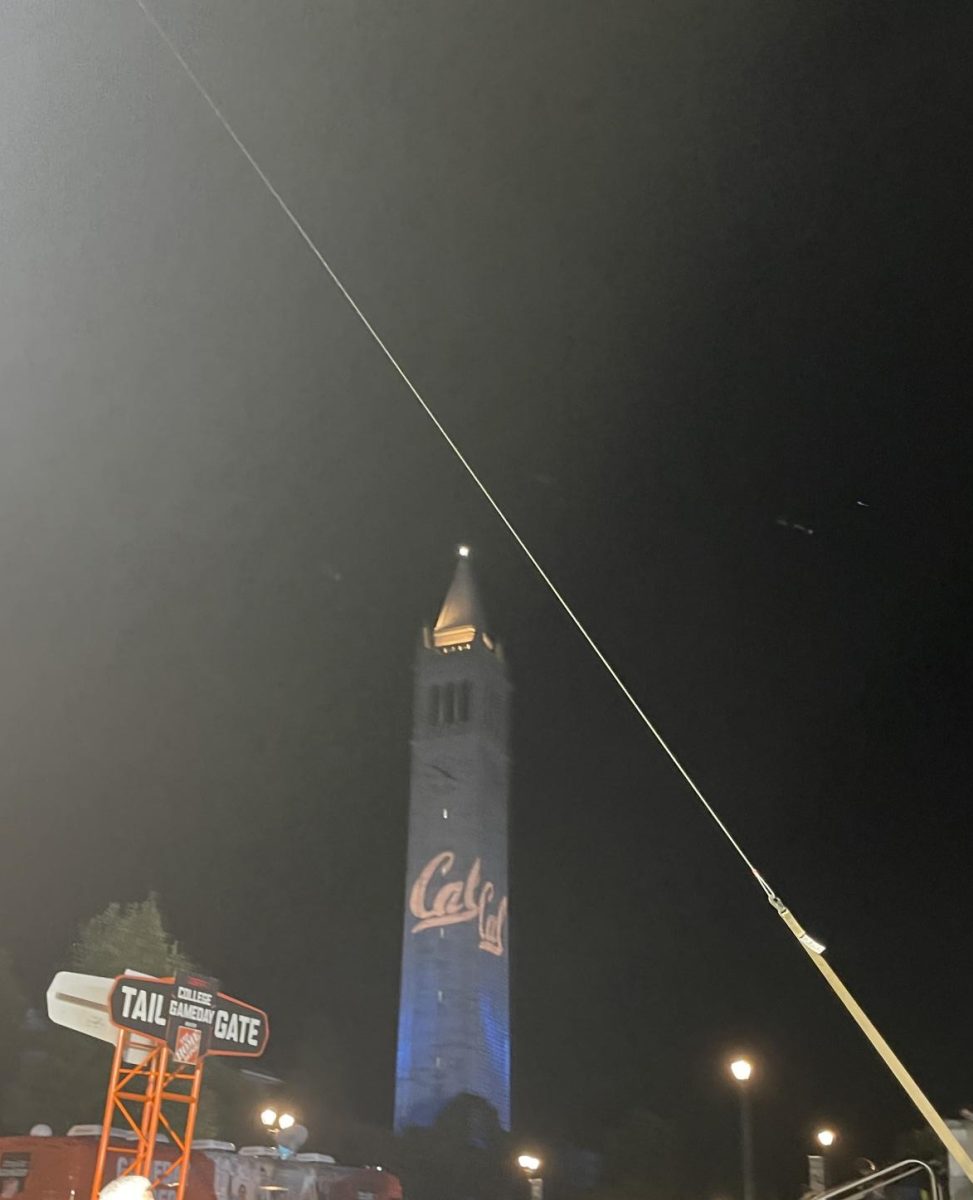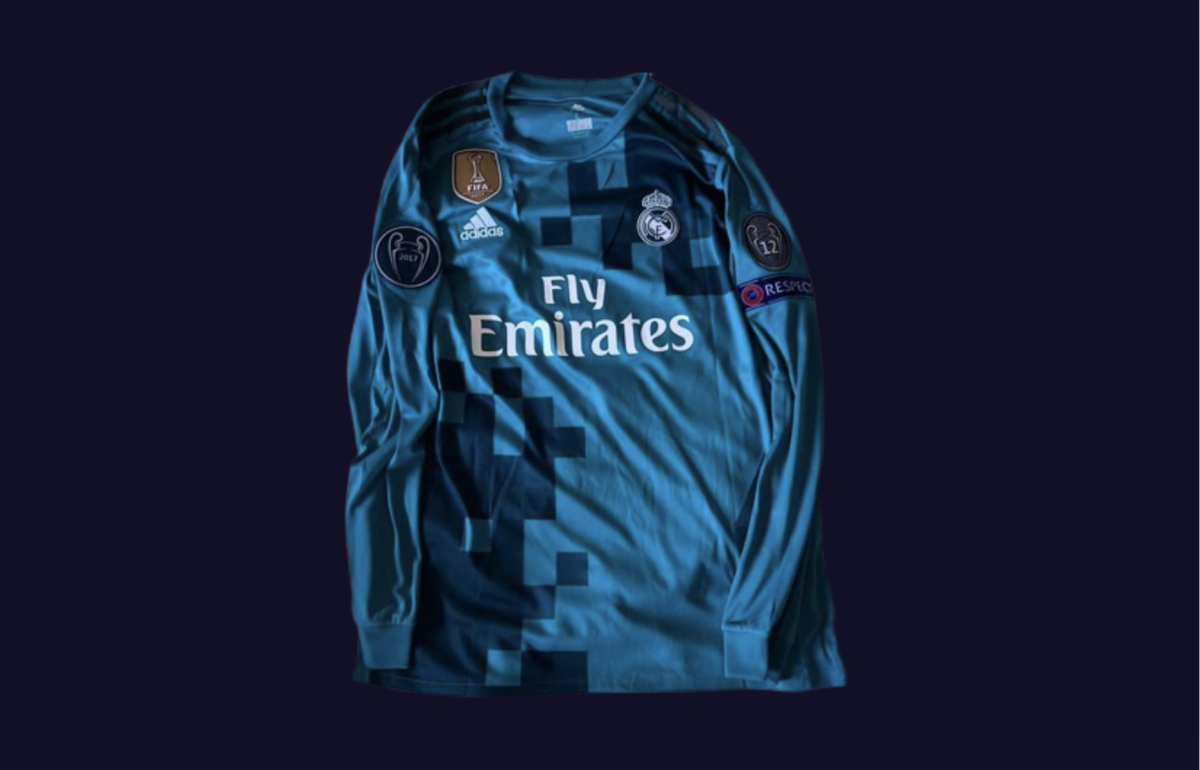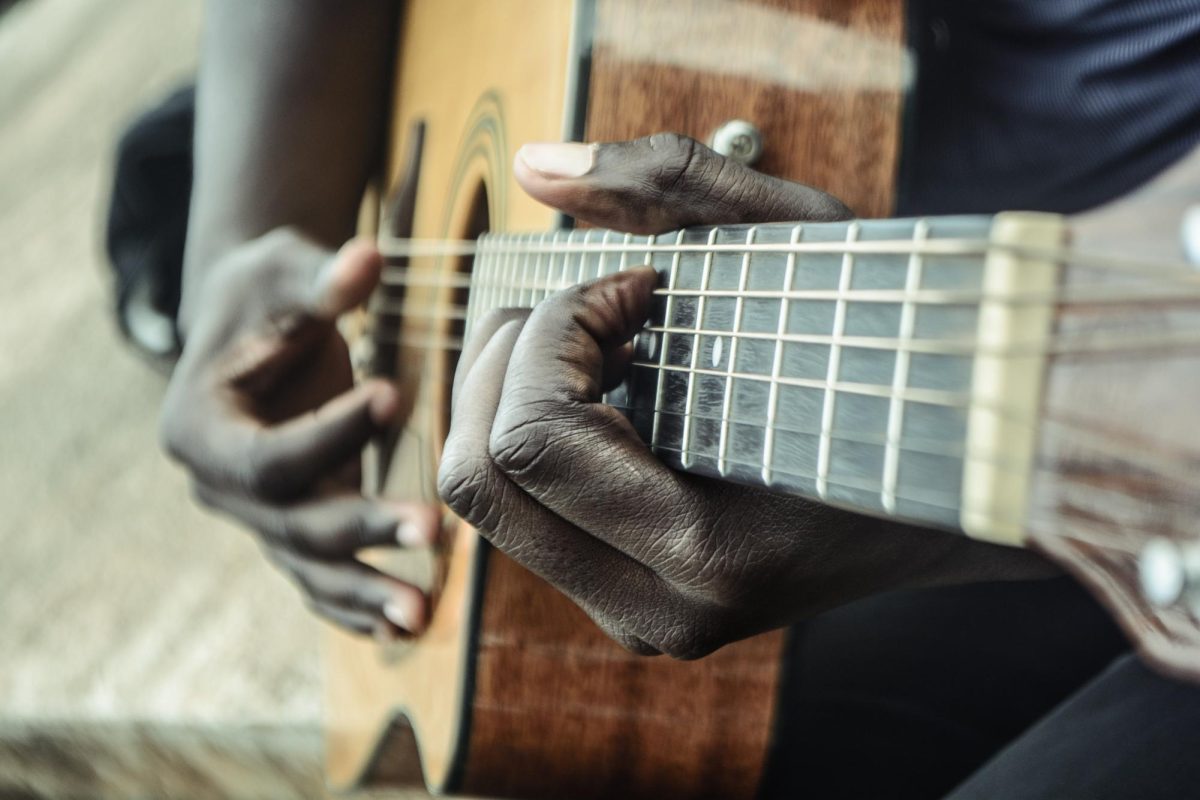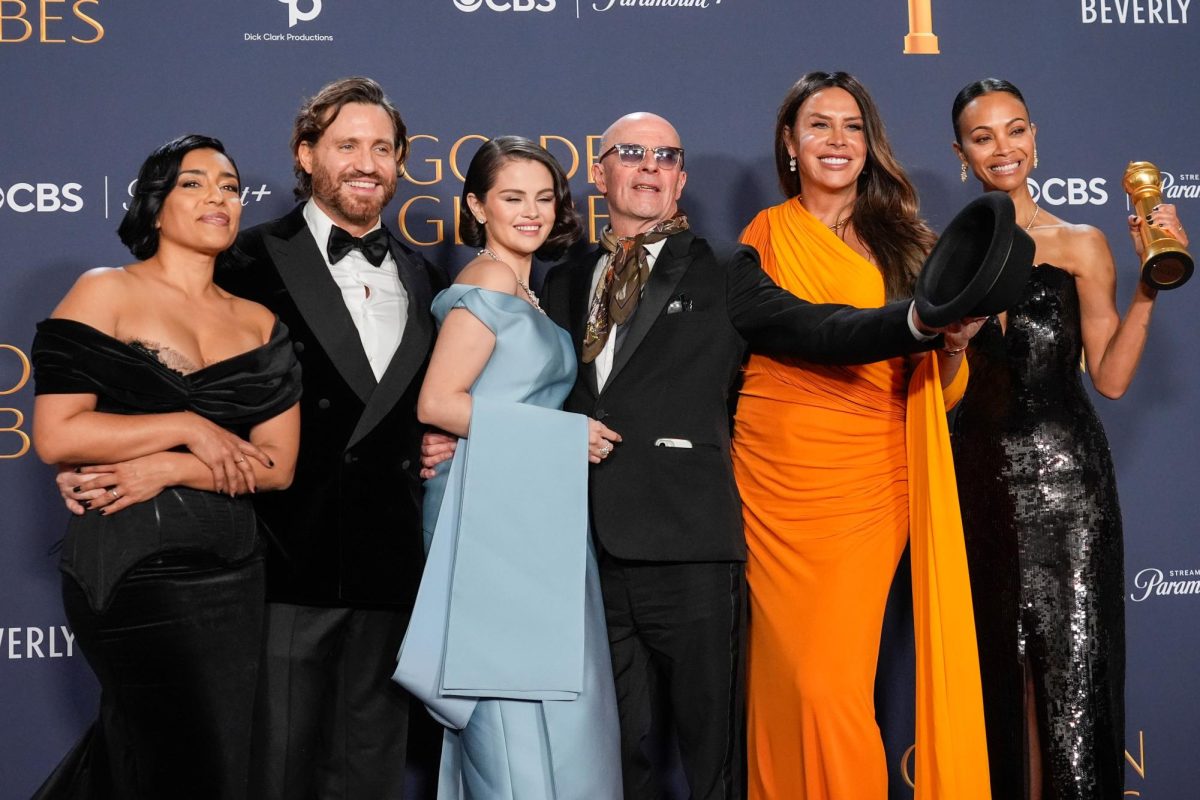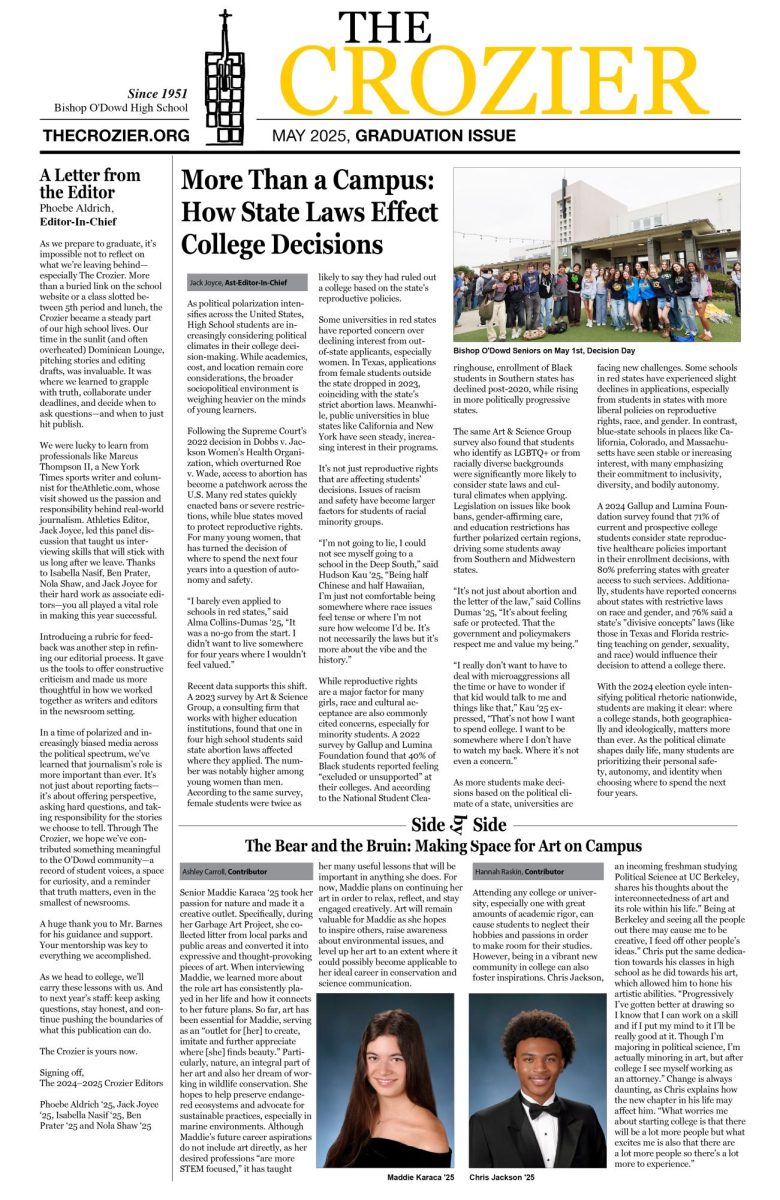Earvin “Magic” Johnson and Larry Bird are considered by many to be among the greatest rivals in sports history. Beginning in college, their competition for the National Title set the stage for a rivalry that would polarize the nation and bring the NBA to the main stage.
In 2024, the world has another pair following that formula. Caitlin Clark and Angel Reese first met in college, where their rivalry was put into the spotlight in the 2023 National Championship game. Then, a year later, in the Elite Eight, they broke the ESPN college basketball viewership record with a peak of 16.1 million people. Now, they compete at the highest level in the WNBA: Clark for the Indiana Fever and Reese for the Chicago Sky.
Just as Johnson and Bird did for the NBA, Clark and Reese play large roles in the WNBA’s rise in viewership. Also, like their older counterparts, racial tensions in America contribute to Clark and Reese’s rivalry, adding to the virality of the young stars.
“It’s all part of the drama,” Rick Welts said, “Magic versus Bird, the city versus the country boy, and then black versus white. It’s the contrast that sparks things. That’s what we’re seeing with Clark and Reese. There is a richness to the rivalry that is turning heads.”
Caitlin Clark and Angel Reese have emerged as transformative figures for the WNBA, much like Magic Johnson and Larry Bird were for the NBA. Their rivalry has significantly boosted viewership and media attention, driving unprecedented interest and growth in the WNBA.
In the early 1980s, the NBA faced declining viewership and financial instability. The entrance of Magic Johnson and Larry Bird, with their contrasting styles and personalities, revitalized the league. Their rivalry not only captivated fans but also laid the groundwork for the NBA’s expansion and global success.
“The league was at a low point. There was a lot more talk about the league going out of business than the league being successful,” Rick Welts, 71, former president of the Golden State Warriors, said, “Magic and Bird just elevated the league.”
Fast-forward to 2024, and a similar moment is taking place in the WNBA with Caitlin Clark and Angel Reese. The two young stars are both showing their potential for greatness, already being a part of WNBA history, with Reese breaking the single-season rebound record and Clark breaking the single-season assist record along with the rookie season scoring record.
As Johnson went pro a year earlier than Bird, the world never saw them compete for Rookie of the Year. The same is happening again, as Reese recently went down with a season-ending injury, all but guaranteeing Clark the award, as the betting odds swing to -3000 for Clark. Still, the popularity of the rising stars is drawing attention to the WNBA.
Though gaining popularity year by year, the WNBA still loses money and is set to lose $50 million this year. According to acclaimed journalist Kavitha A. Davidson, Clark and Reese are the spark that the league needs.
“It was the moment for those two players to come into the league,” said Davidson, ‘When you have mainstream news outlets talking about a rivalry or a player or a league, that’s only good for the profile of it.”
Despite the financial concerns, the WNBA is seeing a surge in viewership, with in-person audiences up 14 percent and average viewership online skyrocketing 226 percent in the first five games of 2024 from 2023, according to Doug Feinberg of the AP.
This jump in viewership has been deemed “The Caitlin Clark Effect” by many, including Jackie Powell, 27, who covers the New York Liberty for The Next.
“People are coming for Caitlin Clark but then staying for the A’ja Wilsons or Kelsey Plums,” Powell said.
While Clark is the namesake of this effect, she is not solely responsible for the WNBA’s sudden popularity.
Welts attributes this ignition of passion in women’s sports not to Clark herself but to her rivalry with Reese. To him, it “feels so similar” to Johnson and Bird, with the constant comparison and competition bringing eyes to the court. Still, Welts sees differences between the two pairs.
“Larry and Magic really saved the league. This feels more like an acceleration of a process that was already happening with the WNBA. Still, these two are moving faster than Larry and Magic did for the NBA,” Welts said, “this is a phenomenon we rarely see in men’s sports, never before in women’s sports.”
Much of this phenomenon is due to the marketability of the two pairs. Johnson and Bird had distinct differences, which the NBA took full advantage of. With a “star mentality,” the NBA focused on marketing “personalities,” allowing fans to “get to know” their favorite players, Welts described. Johnson and Bird were the first NBA players to have a nationally televised commercial, which they filmed with Converse.
According to Welts, social media has made the virality of Reese and Clark even greater than that of Johnson and Bird.
Powell echoes this sentiment.
“They came in with huge platforms, big names, people know who they are,” Powell said, “This is the most competitive Rookie of the Year race we’ve seen in a long time.”
It’s not just the big personalities but the fact that those personalities antithesize each other. In the NBA, Bird, from the rural town of French Lick, played in Boston, while Johnson played in the Big City and bright lights of Los Angeles.
Now, the WNBA has the juxtaposition of Clark, the sharp shooting guard, and Reese, the strong power forward.
Also, like Bird and Johnson, race and ethnicity are part of the conversation between Clark and Reese. Some feel that the discussion involving race is irrelevant and is hurtful to the players.
“Some of the rhetoric, like what happened with Magic and Bird, is gross and very racist. All of that is not good for the game,” Davidson said.
Former NFL quarterback turned ESPN analyst Robert Griffin III echoes this, saying on X, “Caitlin Clark and Angel Reese are being used in a race war that is not fair to either athlete or the game of basketball.”
On the contrary, some think that the talk is helping the league.
“The race discussion, the constant comparisons. It’s turning heads, and that’s what’s important,” Welts said.
While the WNBA may not be “saved,” Johnson versus Bird left the blueprints for the WNBA, with Clark and Reese possibly foreshadowing a bright future.
“The opportunity in women’s sports is immense,” Welts said, “The WNBA is primed to increase in size and revenue for the next 10-12 years. There will be a new media deal. Expansion is coming. And then Clark and Reese are here to stay.”

